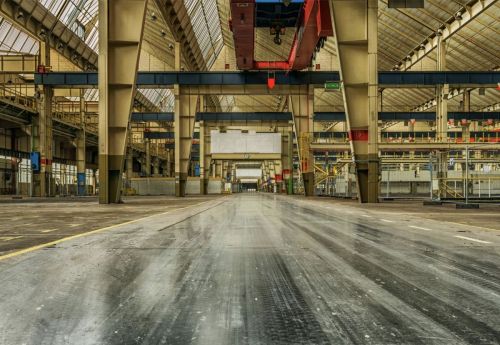What is commonly referred to as the Bierut decree (named after Bolesław Bierut, the first communist president of Poland), was the post-war legislation that requisitioned for the state much of the war-damaged and surviving buildings and property in Warsaw. According to lawyer Krystyna Krzekotowska, properties with an estimated value of PLN 1.4 bln will be subject to restitution lawsuits between 2012 and 2014. In its 2012-2014 long-term financial forecast, the city of Warsaw has earmarked PLN 426 mln for such claims. Mostly these are tenement houses taken away from their owners just after the war. However, restitution tussles have led to court cases over such Warsaw properties as the Złote Tarasy shopping centre, the National Stadium and the site of the troubled Museum of Modern Art project on pl. Defilad. The ownership of the Polonia and Metropol hotels also remains unclear as they are claimed by the Grabiński family. "As the law currently stands, the issue of restitution claims is,




























































